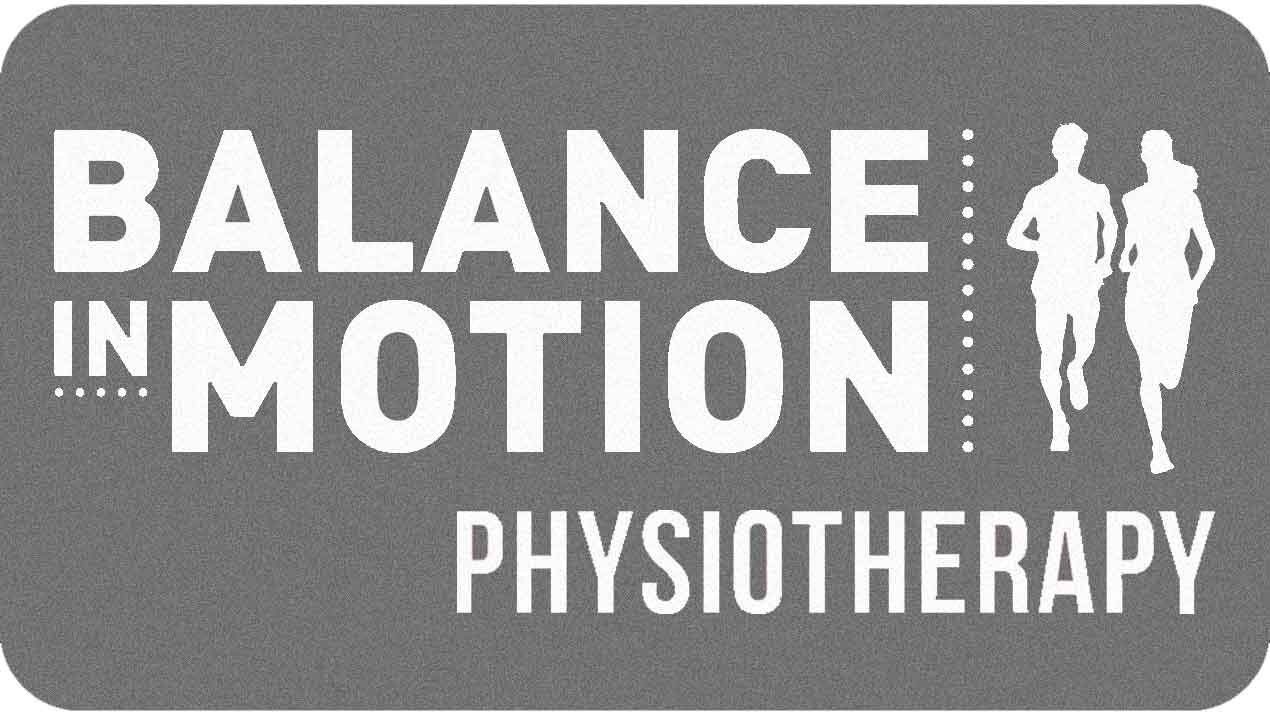The Surprising Connection Between Stress and Injury
/When most people think about injuries, they imagine a single event - a rolled ankle, a pulled muscle, or a fall during sport.
But injury risk isn’t just about what happens physically.
Your body and mind are closely linked, and one often-overlooked factor in both injury prevention and recovery is stress.
How Stress Affects Your Body
When you’re stressed, your body releases hormones like cortisol and adrenaline. In short bursts, these help you respond to challenges. But when stress becomes long-term, it can:
Increase muscle tension, making strains more likely
Disrupt sleep, reducing your body’s ability to repair itself
Lower immune function, slowing healing
Affect focus and coordination, increasing risk of accidents
Stress and Recovery
If you’re already dealing with an injury, ongoing stress can lengthen recovery time.
That’s because stress competes for your body’s resources-— energy that could be going into tissue repair is instead used for managing that “fight or flight” state.
You might also find that pain feels worse when you’re stressed, as the nervous system becomes more sensitive.
Practical Ways to Reduce Stress for Better Recovery
At BIM, we take a whole-person approach to rehab. That means addressing both the physical and the mental side of healing.
Here are a few simple ways to help manage stress alongside your physio treatment:
Prioritise Sleep - Aim for 7-9 hours to allow your body’s repair processes to work optimally.
Gentle Movement - Walking, Pilates, or mobility work can release muscle tension and improve mood.
Breathing Exercises - Slow, deep breathing helps calm the nervous system.
Break Up Your Day - Short movement breaks can help release tension, especially if you work at a desk.
Stay Connected - Talking things through with friends, family, or a professional can ease the mental load.
Where Physio Fits In
Your physio isn’t just there to treat the injury site.
We help you understand how lifestyle factors, including stress, impact your body, and create a plan that supports your overall wellbeing, not just your recovery timeline.
By addressing stress as part of your rehab, you’re giving your body the best possible environment to heal, perform, and thrive.
Jess Rose

